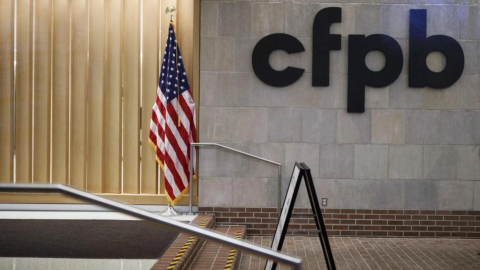The Consumer Financial Protection Bureau (CFPB) has issued a warning to users of non-bank payment apps, indicating that their accounts do not benefit from federal deposit insurance coverage.
Non-bank digital payment apps like PayPal, CashApp, and Venmo have gained popularity as alternatives to traditional banking methods. However, a CFPB analysis discovered that funds stored in these apps may not be safe in situations of financial distress. According to the CFPB, over 75% of American adults have utilized payment apps, with nearly $893 billion transacted through them in 2022. The research indicates that when these apps process payments, the funds are held by the companies themselves for investment purposes, meaning customers’ funds are not secured in a traditional bank account and could be at risk. This lack of deposit insurance presents significant risks, particularly if the issuing companies face financial failure, potentially jeopardizing substantial consumer funds.
In contrast, banks and credit unions in the U.S. are protected by federal deposit insurance from the Federal Deposit Insurance Corporation or the National Credit Union Administration. The recent collapses of banks like Silicon Valley Bank and First Republic Bank have sparked concern in the financial market, prompting regulators to increase scrutiny on banking practices.
Rohit Chopra, director of the CFPB, stated that while digital payment apps are becoming more commonly used as replacements for traditional bank accounts, they do not offer the same protections to ensure the safety of funds. As technology companies expand their roles in banking and payments, the CFPB is intensifying its focus on those that bypass the safeguards traditionally upheld by local banks and credit unions.
In response to these concerns, various states in the U.S. are examining policies to regulate the operations of digital payment apps in an effort to better protect consumers.
